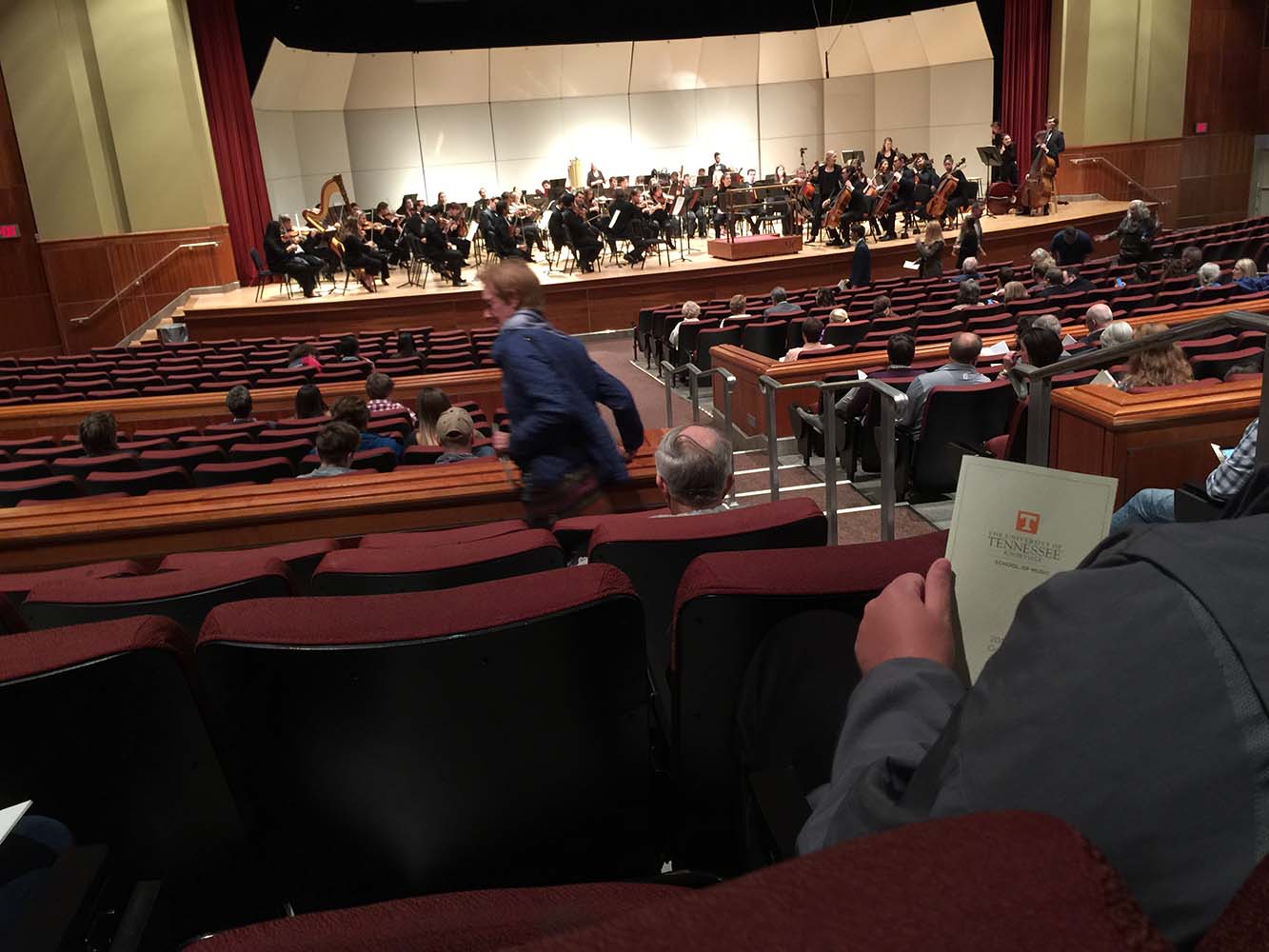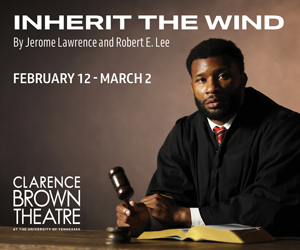It isn’t at all uncommon for audiences today to willingly take in performances of four and five hours, or even more, if the occasion demands it. Marathon concerts, even all night ones, always attract the curious and the dedicated; Wagnerian opera fans do it as a matter of course. Now imagine yourself in Vienna on a cold December evening just before Christmas of 1808. With opera being forbidden during Advent, you learn of a benefit concert—called an “Akademie”—being held at the Theater an der Wien, not for a charity, but to support the composer himself. Able to afford the admission, you find yourself seated in a cold theatre with a program of eight works scheduled for the next four hours or so.
The composer needing “benefit”, of course, was Ludwig van Beethoven—and over the evening you would have experienced what would become an amazing collection of music: the public premieres of the Fifth and Sixth Symphonies, the “Gloria” and “Sanctus” from the Mass in C Major, “Ah! perfido” – a concert aria for soprano and orchestra, and the Fourth Piano Concerto (with the composer as pianist) plus piano improvisations. For the concert finale, Beethoven offered the premiere of the Choral Fantasy, op. 80, for piano, vocal soloists, chorus, and orchestra—written expressly to showcase all these components.
Not only would the Choral Fantasy act as a summary for that 1808 Akademie concert, the work would feature a melody that Beethoven would re-use some 16 years later as the finale of his Ninth Symphony, the one to which Beethoven set the words of Schiller’s “Ode to Joy” to music.
With no long hours in a cold theatre needed, a Beethoven marathon of sorts is already underway in the form of Beethoven250, a two-year collection of global performances in celebration of Beethoven’s 250th birthday in 2020. While I have no doubt that a music organization, or two, somewhere in the world, will attempt a re-creation of that 1808 Akademie, it will be relatively easy to hear live performances of all those works without going to extremes of travel or expense.
The University of Tennessee School of Music is heavily committed to Beethoven250, with the UT Symphony Orchestra having already performed Beethoven’s Symphony No. 7 last fall and the Beethoven Violin Sonatas being performed by violinist Miroslav Hristov and pianist Chih-Long Hu this month. The UTSO continues the journey through Beethoven’s works this Saturday evening with a performance of the Choral Fantasy, op. 80.
UTSO music director and conductor James Fellenbaum explains how this selection came about. “As part of the Beethoven250, I started planning for the Choral Fantasy nine months or so ago. That’s when I asked David Brunell if he would play the piano part. And I talked to Dr. Angela Batey about involving the choral ensembles.”
In addition to the orchestra, Professor Brunell as piano soloist, and the UT Choral Ensembles (Chamber Singers, Concert Choir, Men’s Chorale, and Women’s Chorale), the performance will also include voice faculty members Marjorie Bennett Stephens, Cecily Nall, Lorraine di Simone, Andrew Skoog, and Andrew Wentzel, as well as student tenor Miles Jenkins.
With the Beethoven Choral Fantasy clocking in at roughly 18 minutes of performance, and no plans for a marathon in UT’s Cox Auditorium, Fellenbaum began considering companion pieces to complete the concert. With the decision, his confidence in the abilities of his orchestra came through loud and clear.
“It took me until last October or so to come up with a good piece that would fit the orchestra’s strengths,” Fellenbaum reports, “and I came up with doing two of the four movements of the Bruckner Symphony No. 7. Were we to do the entire 65 minute symphony, that would have been an entire concert in itself!”
“Although I said something similar last year, this orchestra may be the best orchestra we’ve had. The size and talent of the strings – the Bruckner needs large string sections, large choirs of strings, and we certainly have that. Bruckner is earth-moving music and this has been a fun, new challenge and the strings have met it. …Plus, the brass sections are very, very strong. I wanted to find a piece that would be a good work for the brass, that had really good brass parts.”
Avoiding the requirement of obtaining and manning “Wagner tubas” for the second Adagio movement, Fellenbaum settled on doing the third movement (Scherzo) and the first movement (Allegro moderato) in that order.
“I actually thought about doing the 3rd and 4th movements,” Fellenbaum explains, “but I just love the 1st movement. Whenever I think of the Bruckner 7, I think of that first movement.”
For regular attendees at UT Symphony concerts, note that this weekend’s concert is on Saturday evening (February 16) at 7:30 PM in the James R. Cox Auditorium, rather than the usual Sunday afternoon slot. Admission is free.






